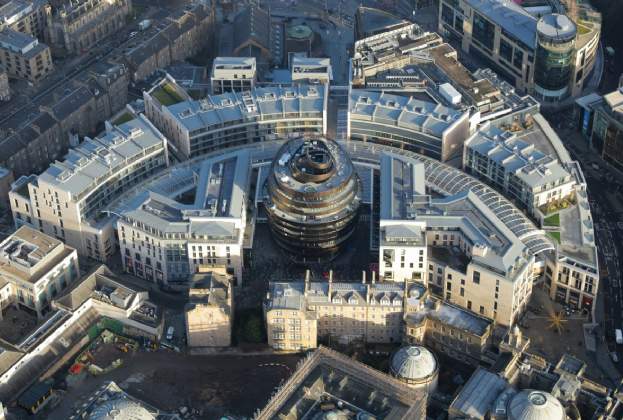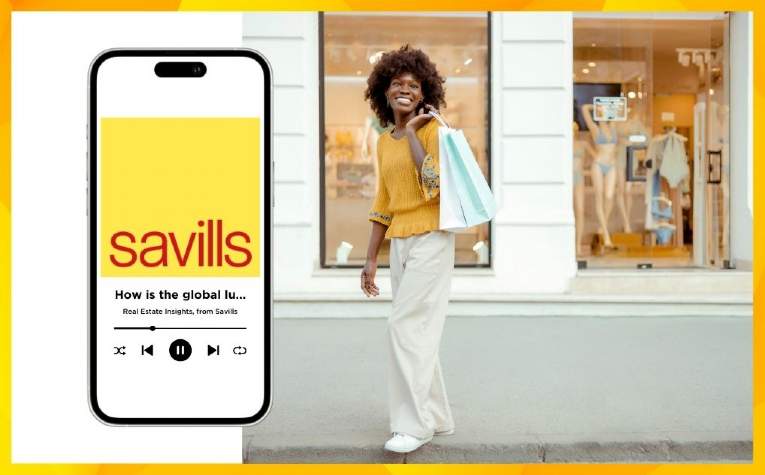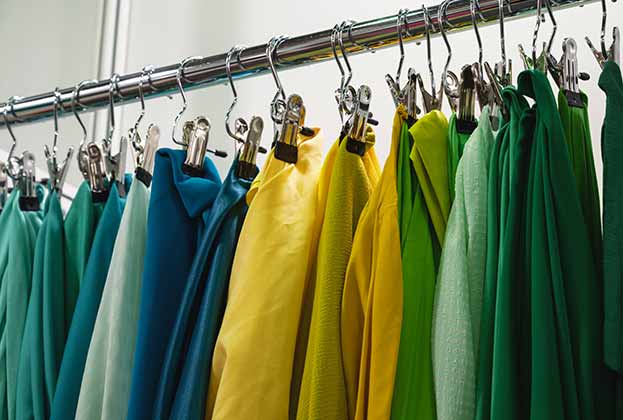The store has traditionally been the primary channel for retail and consumer brands to engage with customers and while it continues to play a vital role, brands are also looking to new channels to widen and deepen this engagement.
One such channel is the development of branded hotels. This is nothing new, as a number of luxury brands such as Versace already design and/or own affiliated hotels, but we are now seeing lifestyle brands branch out into the space too. The ultimate aim is to deliver an experience and, in some cases, an opportunity for consumers to try and test products.
Muji, West Elm, BrewDog, Laura Ashley and Equinox have launched, or are about to launch, hotels with their branding. BrewDog recently opened the ‘DogHouse’ hotel next to its US brewery in Columbus, Ohio. Muji has opened two hotels in China this year, in Schenzhen and Beijing, designed around the full Muji aesthetic with in-room Muji products and complete with onsite stores. US lifestyle and furniture brand West Elm, in partnership with hospitality management team DDK, will be opening its first hotels in the US in 2019 with six sites currently secured.
This approach enables brands to create a fully rounded immersive experience. In many cases, customers can try and test products, blurring the boundaries between retail and hospitality. It also allows brands to transcend their products and offering to create a truly holistic lifestyle brand. Something that Equinox, the luxury fitness gym and owner of SoulCycle, is hoping to establish with its hotel brand. The first of these is due to open in New York’s Hudson Yard in 2019.
Hotels also allow retailers to leverage an additional revenue stream from their brand, which is increasingly attractive against the current retail backdrop where margins are being squeezed.
On the flipside, we are also seeing hospitality brands move into the retail sphere. Soho House launched interiors brand Soho Home in 2016, allowing consumers to recreate the same look and feel in their own house, although this has not extended into the opening of stores.
For hotel developers and operators, the attractiveness of a retail brand tie-up is that it allows them to tap into an awareness and loyalty that may not exist for emerging hotel brands. In a well supplied hotel market, it can also act as significant differentiator to the benefit of operational performance.
This blurring between what a retail brand is and does reflects the new era of retailing that we find ourselves in. Physical retail is far from being irrelevant, with the store being reinvented to deliver the engagement, experience and convenience consumers demand. By moving into hospitality, retail brands are taking this to the next level and, as seen with other consumer brands, this doesn’t need to stop at hotels.
Further information
.jpg)
.jpg)



.jpg)




